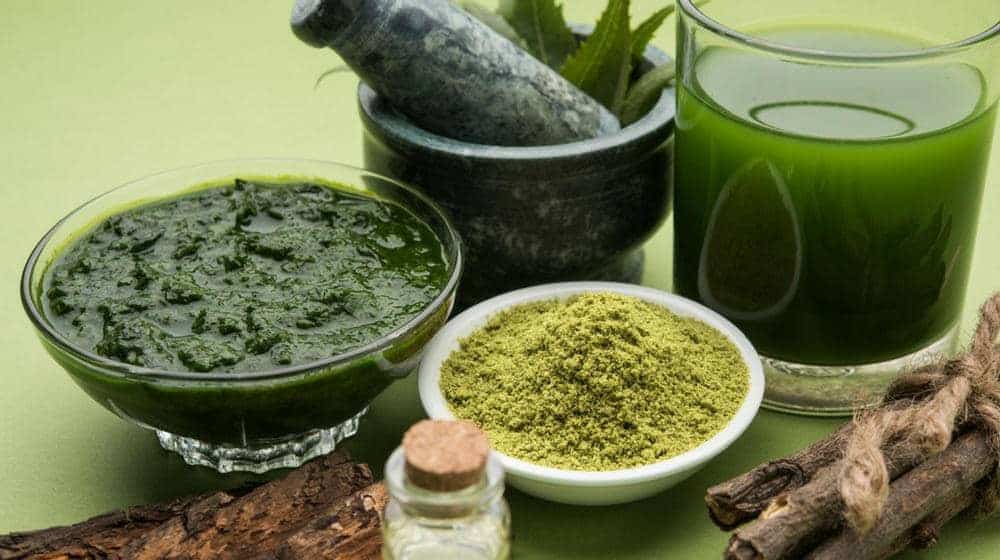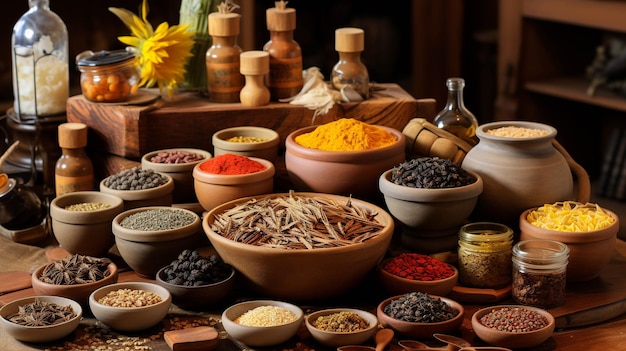A HEALTHY LIFESTYLE
The Ayurvedic lifestyle is based on three things: routine, moderation, and tuning in to the natural rhythms of the doshas and agni.
What is healthy?
Health is a positive state of happiness achieved through the normal condition of the doshas, dhatus (tissues), agni (digestive fire), and malas (waste), as well as a serene state of body, mind, and senses. Ill-health starts with a dosha imbalance. First one or more of the doshas become “irritated” (a minor imbalance). If they are not pacified, they will increase until they are “elevated” (a more significant imbalance) and start to cause disease in the body. The build-up of ama (toxins), inefficient elimination of malas, and weak agni also contribute to poor health.
“Have faith in yourself; do the right thing; help others. This is the key to success, health, and happiness.” SWAMI SIVANANDA
ROUTINE
Performing healthy practices at the same time each day embeds them in your lifestyle. Your body will know when to prepare itself to wake up, digest food, and go to sleep.
MODERATION
Moderation provides balance to our lives and prevents overindulgence. Most commonly, the road to ill health begins with a lapse in judgment. Even though we know better, we frequently choose to make unhealthy choices, most often in pursuit of sense pleasures. This might be overloading the stomach with an excessive meal and dirupting our sleep cycle by staying up too late and sleeping during the day, or suppressing natural urges to cry, yawn, or even go to the bathroom.
NATURAL FLUCTUATIONS
The influence of the doshas on our bodies and the strength of our agni constantly change due to the time of day , our age, and the seasons. We must tune into these changes to stick to a healthy lifestyle.
PHASES OF LIFE
Make sure you take into account the strength of the doshas at each stage of life, as this will affect how much you need to balance them.
Childhood is the time of kapha. Children need kapha to grow, so it should be supported and not irritated.
Adulthood is the period of pitta. Your lifestyle should follow your dosha levels and the influence of the seasons.
Old age is influenced heavily by vata, so make sure to be aware when it is accumulating so that you can pacify it.
THE SEASONS
The strength of agni and the doshas varies throughout the seasons. In the classical Ayurvedic scriptures, the seasons are described as winter, summer, and rainy, according to India’s subtropical climate. These terms can be equated to the seasons of the world’s temperate regions. Vata is also sensitive between the seasons, and may need pacifying.
In winter, vata increases and should be pacified. Eat a nourishing diet to satisfy growing agni. Kapha will accumulate, so try to keep warm.
In spring, the kapha accumulated in winter melts, producing allergy and fatigue. Make sure to reduce and eliminate this excess kapha.
The summer heat weakens agni and depletes energy. Pitta accumulates and should be pacified, especially if there is rain.
In fall, vata again accumulates, which further weakens agni. Make sure that you strengthen agni during this period.






